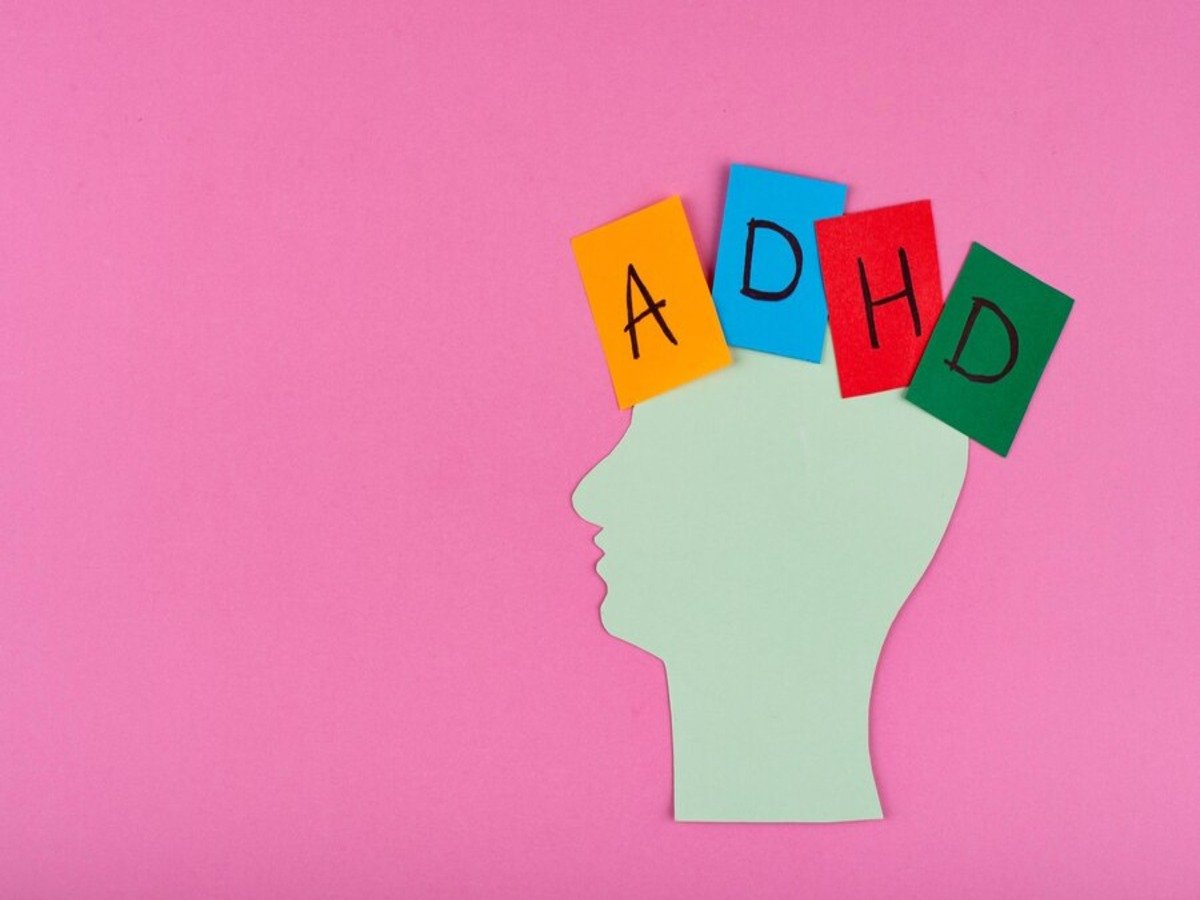Research from Binghamton University indicates that children living in disadvantaged neighborhoods may face a higher risk of developing depression due to environmental stressors. These neighborhoods often experience elevated crime rates, economic hardship, and limited access to community resources.
In a study involving over 200 children aged 7 to 11, researchers investigated how living in areas with greater socioeconomic disadvantage affects brain responses to rewards and losses. The team, led by Professor Brandon Gibb and graduate student Elana Israel, focused on the interplay of neighborhood conditions and familial history of depression. They found that children whose parents had a history of major depressive disorder exhibited a diminished brain response to both positive and negative outcomes in a controlled guessing game where they could win or lose money.
During the study, participants underwent electroencephalogram (EEG) testing while engaging in the guessing task. The results showed that children from more deprived neighborhoods had a significantly reduced brain activity response to winning or losing, particularly among those with a familial predisposition to depression. Gibb explained that this muted response could be a learned behavior resulting from chronic exposure to stress in their environment. Children may become less emotionally reactive to both positive and negative events, dampening their ability to feel joy or distress.
The researchers noted that this finding suggests that neighborhood stresses can affect mental health, even if children do not experience trauma directly. Gibb stated, ‘When you grow up in a chronically stressful environment, you might learn to temper your reactions. This could lead to a lack of excitement when good things happen and a diminished response to setbacks. Reactivity is important for motivation and engagement in life.’
Moving forward, the research team plans to explore how changes in environment—such as moving to a less stressful neighborhood—affect children’s brain responses and depression risk. They also aim to expand their study to adolescents and examine social outcomes, like peer acceptance and rejection, in addition to financial factors.
Gibb emphasizes the importance of addressing neighborhood characteristics in mental health discussions, advocating for community improvements to alleviate the broader implications of neighborhood stress on children’s mental well-being. The study, titled ‘Parental History of Major Depressive Disorder Moderates the Relation Between Neighborhood Disadvantage and Reward Responsiveness in Children,’ was published in the journal Research on Child and Adolescent Psychopathology.



